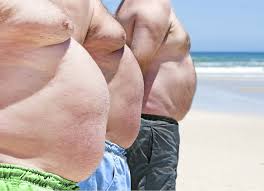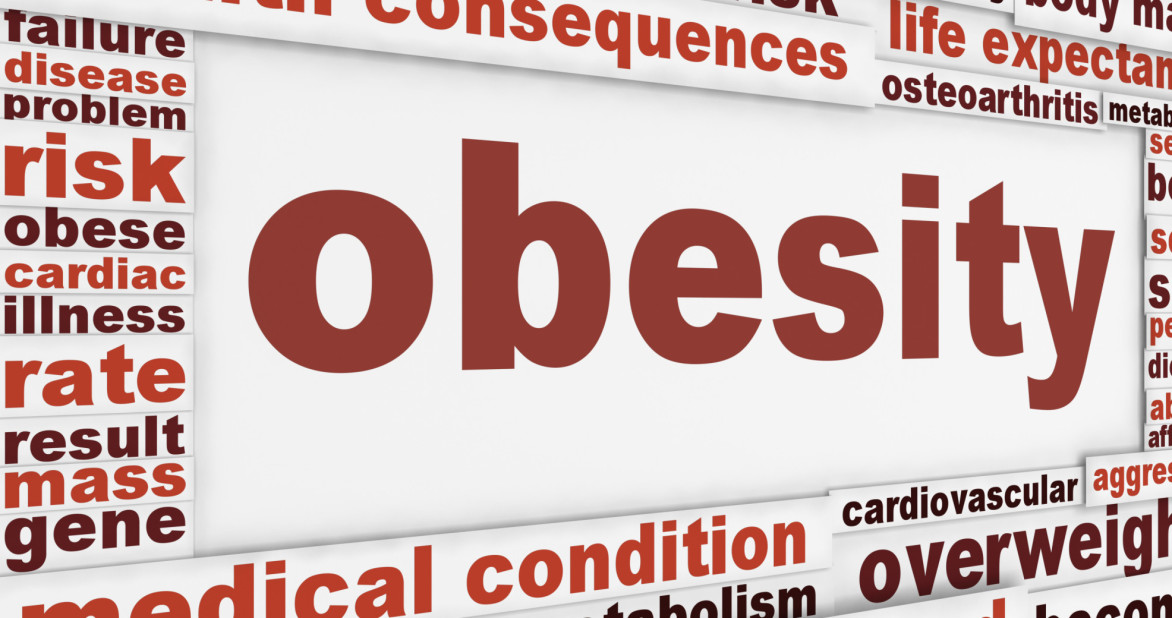Preventing food addiction among children

Preventing food addiction among children must surely begins with you
Preventing food addiction among children: Some of the common parental concerns
In the process of feeding kids we must all appreciate that quit often selective way of eating will be a common occurrence in toddlers. This selectiveness is not just with the children but take a keen look at the kind of lifestyle we live today. For sure we can all attest that the world has become an exciting place and ironically food may be less important when there are many other things to do. In that breath preventing food addiction among children is very important and the following are some of the reasons why children’s eating patterns may change:
Slower growth – ordinarily children’s growth often slows down in their second year. This means at this point of time they will often have smaller appetites and consequently need less food. That also means that the quantity of food eaten from day to day can change dramatically. It is however important to note that even though sometimes parents get worried of these changes, they actually normal and doesn’t mean that your child is being difficult or is unwell.
Eating and snacking – children rarely follow our triangular traditional meal pattern of breakfast lunch and dinner instead they tend to feed on smaller and regular snacks. This satisfies their small tummy sizes and provides them with adequate energy to keep moving all day. The amount eaten at mealtimes, and more so in the evening meal may be smaller than parents would like. However, children can balance the amount of food eaten with exactly how much they need if they are given the opportunity to enjoy good foods and are not forced to overeat or finish all the food on the plate. This means that healthy snacks are important to help provide the energy and nutrition your child needs during the day.
Fussy eating – showing independence is part of normal children development and this often includes refusing to eat foods that you offer. Remember that by rejecting any given food does not necessarily mean the child doesn’t like it therefore next time if you offer it on another day they are likely to enjoy it. Other common children eating behavior may include:
- Meal-time irritabilities and food refusal
- Delay in self-feeding
- Preference for pureed foods or difficulty with chewing
- Overeating
- Reduced intake of food or reliance on drinks.
Preventing food addiction among children: Mealtime suggestions for parents
As a parent you need to be on top of everything and the following are some suggestions you could adopt:
- Be a positive role model by eating a healthy, balanced and varied diet together as a family.
- Serve the same foods as the family eats.
- Remember that children need smaller meals and regular snacks.
- Don’t worry too much, a child’s appetite and food intake can vary daily.
- Offer small serves and give more if needed.
- Let them tell you they’re full and don’t force a child to finish all food on their plate.
Finally it is always said that teach a child the way to go and when they grow up they will not depart from it. This is often taken for granted but if we want to bring up healthy children who will be lean and free from food addiction, we must chose to lay good foundation from the beginning. Therefore if you are not so sure on how to go about it, then you may want to schedule an appointment with doctor Dalal Akoury today for more professional advice.
Preventing food addiction among children: Some of the common parental concerns
http://www.integrativeaddictionconference.com/wp-admin







